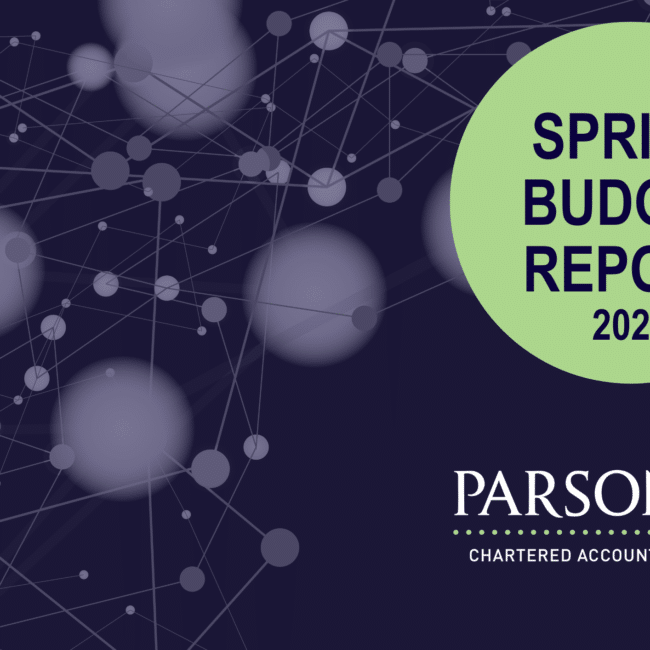
How can I combine employee benefits with tax efficiency?
How can I combine employee benefits with tax efficiency?
In an ever-competitive recruitment market, offering employee benefits can set your business apart when attracting and retaining talent – while even offering some tax efficiency for you, too. Here is an insight into the tax efficient benefits and incentives that could help.
With recruitment incredibly difficult across all industries right now, keeping great people once you’ve found them is even more important. Having paid the price to recruit – including paying recruiter fees of up to 30% of salary and through time spent interviewing and onboarding new people – you really want to make the most of that investment.
So how can you reap tax efficiency rewards while also helping to retain key employees, attract new ones, and mitigate the costs of recruiting?
Cycle to Work Scheme
There are various Cycle to Work Schemes but the most popular is the salary sacrifice scheme.
Salary sacrifice is where an employee agrees to give up part of their gross salary in exchange for a benefit from their employer, in this case, for a bicycle and/or safety equipment. If the scheme meets the relevant criteria, it can be exempt from tax. Since the employee has given up a part of their salary, they pay less tax and National Insurance contributions (NICs) and the employer is also able to save on employer NICs.
On the purchase of a bike costing £1,000, a basic rate taxpayer could save tax and NICs of £320, with a higher rate taxpayer saving £420. In addition, the employer would save up to £138. These employee benefit schemes are very popular with businesses based in city and town centres where parking is at a premium!
Here at Parsons, we work in partnership with the Green Commute Initiative to offer our team a Cycle To Work Scheme.
Electric cars
Company cars have become an expensive benefit for employees, with up to 37% of the vehicle list price being taxed year on year. But the benefit in kind for electric cars is just 2%, which means the tax cost to an employee for a fully electric car with a list price of £50,000 is just £200/year in tax, or £400/year if they pay at higher rate. The company also enjoys tax efficiency through offsetting the cost of the vehicle in full in the year of purchase by claiming 100% first year allowance. You can also set up a salary sacrifice scheme for employees to buy electric cars.
Pensions
All eligible employees must now be provided with a workplace pension with a total minimum contribution of 8%, of which the employer must pay 3%. Employers could choose to pay a greater percentage of the 8% contribution, which would reduce what the employee pays, allowing them to keep more of their earnings.
Maximising trivial benefits
Employees don’t have to pay tax on a benefit if all of the following apply:
- it cost you £50 or less to provide
- it isn’t cash or a cash voucher
- it isn’t a reward for their work or performance
- it isn’t in the terms of their contract
Share schemes
An increasingly popular incentive often used to reward and incentivise key members of the management team who are vital to the company’s success are employee share schemes. These come in a variety of guises, some offering more tax efficiency than others and with varying benefits. We’ll be covering this topic in greater detail but if you can’t wait, give us a call now!
Other benefits
There are a number of other employee benefits which can be provided to free of tax including things like mobile phones, health screening and check-ups, welfare counselling, parking.








